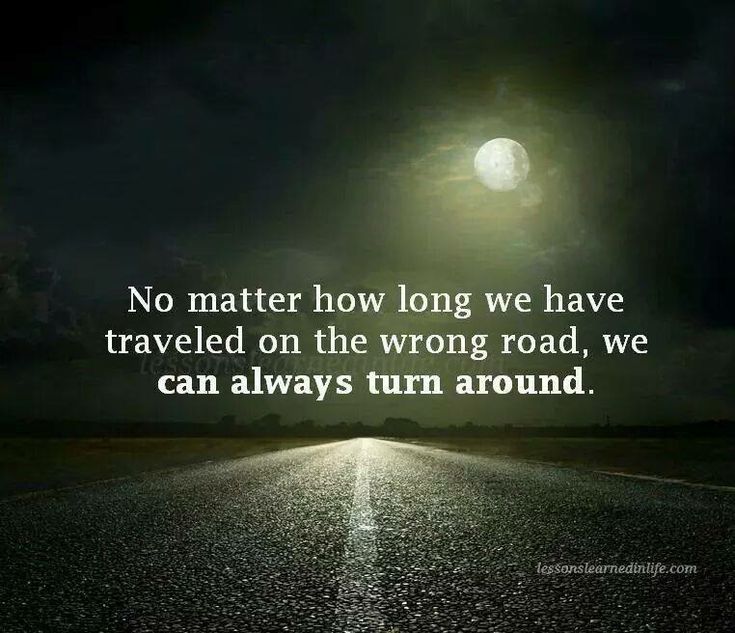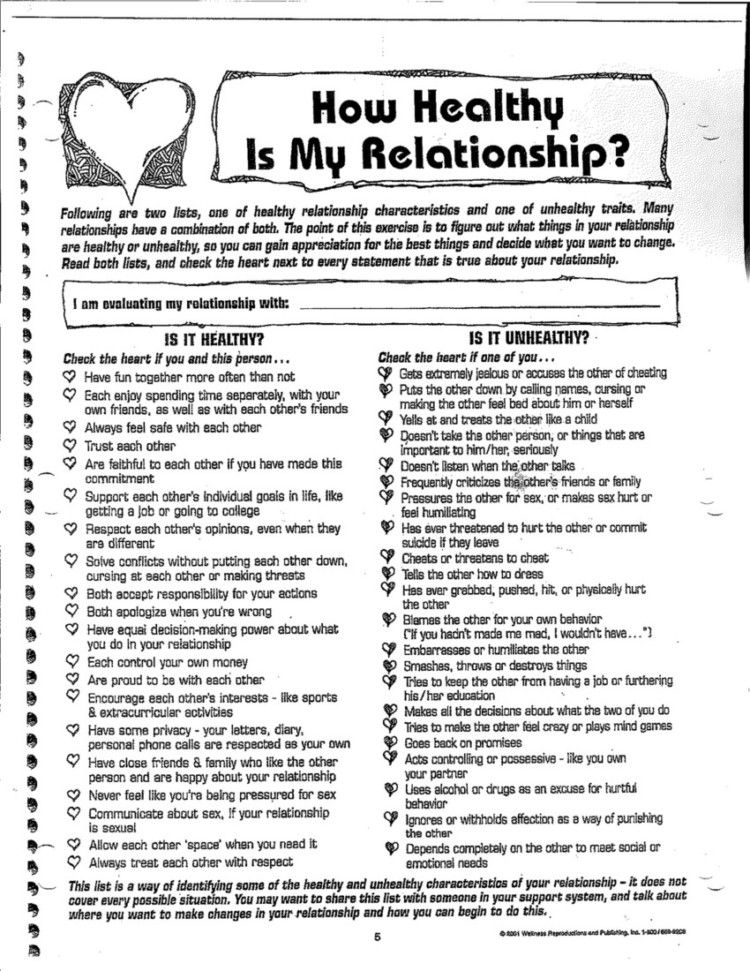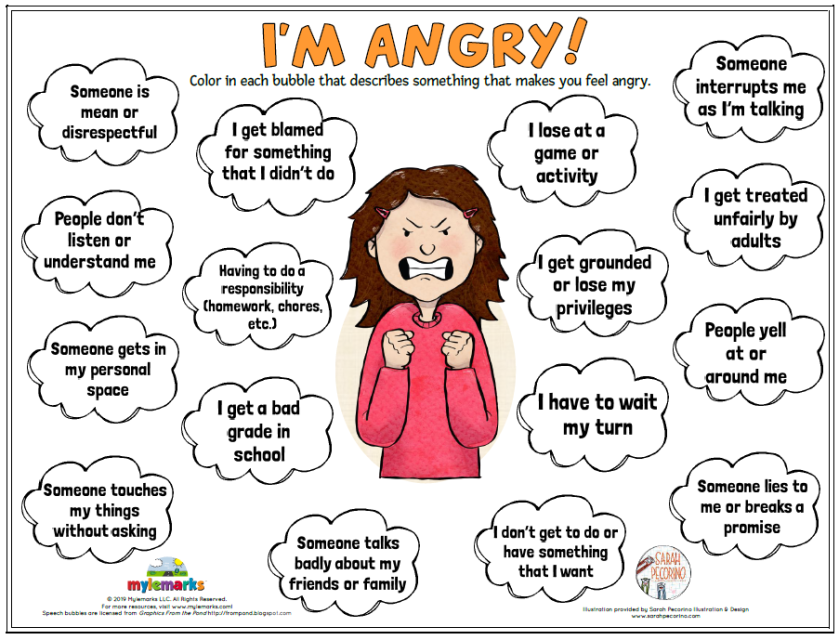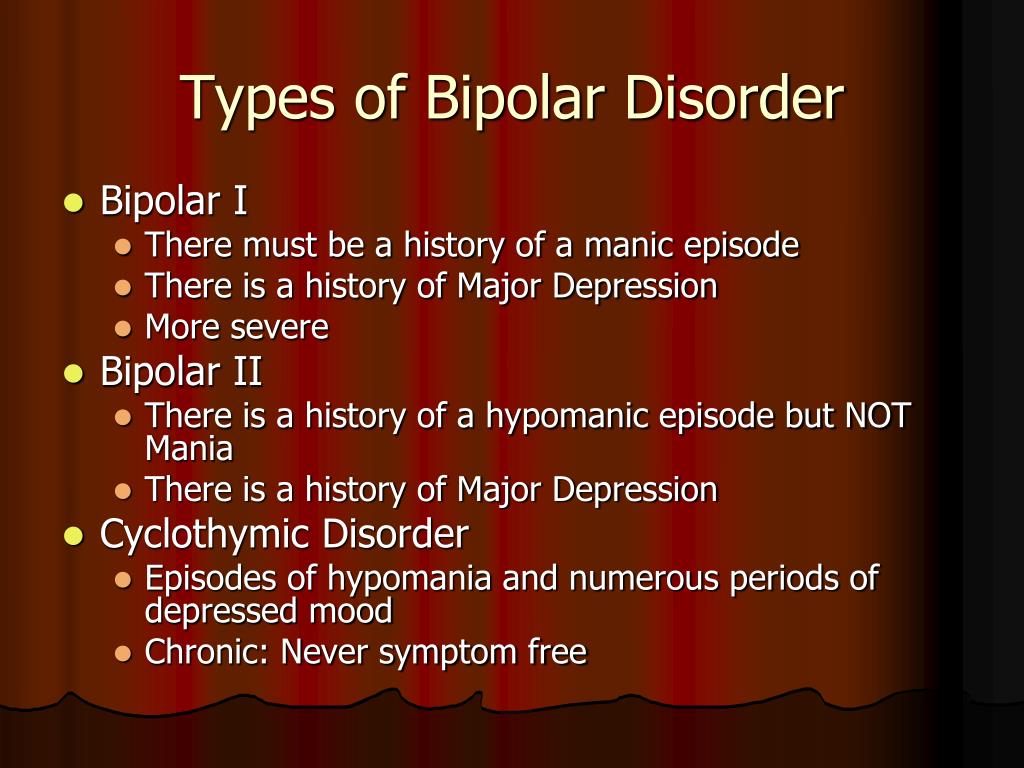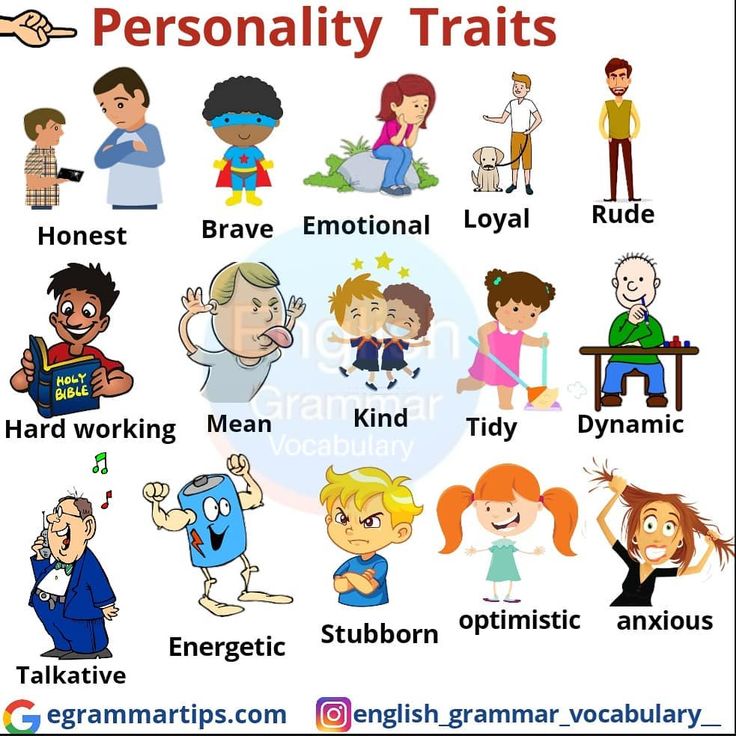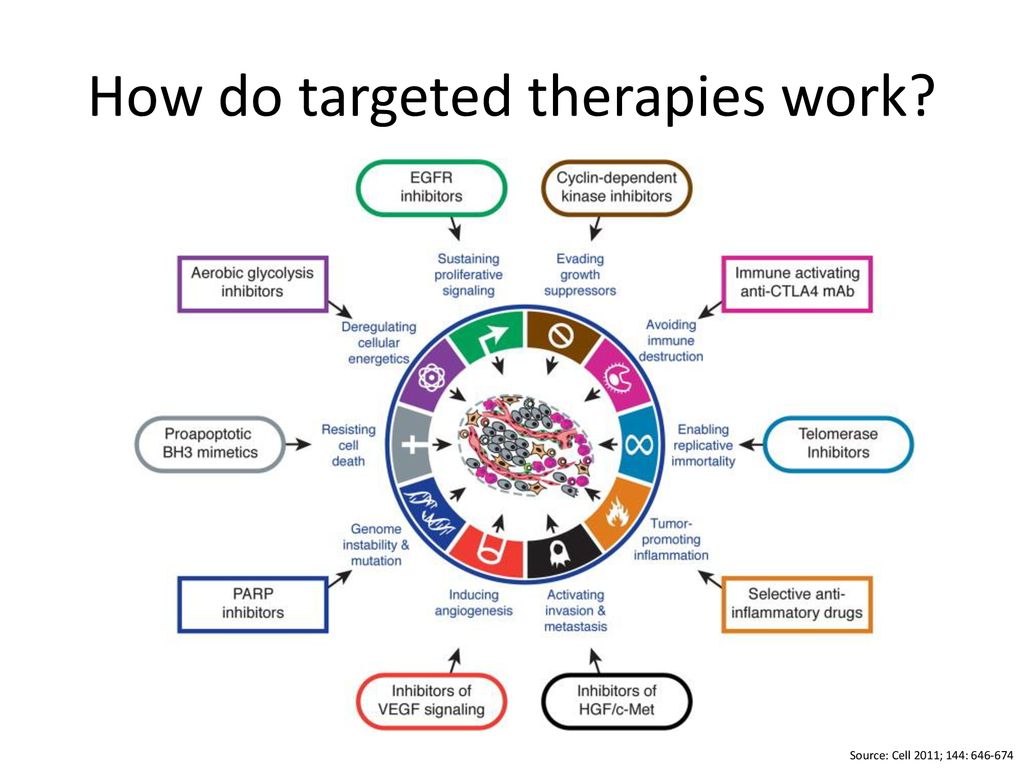What makes us attracted to someone
Why We Feel Instant Attraction To Some People, But Not Others
You know that feeling that suddenly hits you. You’re traipsing about in town and notice someone who gives you a jolt. Or it could be your partner coming out of the shower, smelling irresistible. Or, all of a sudden your best friend feels… sexy? What you feel is – instant attraction and there’s a reason why we feel instant attraction to some people, but not others.
As a sex therapist I often talk about sexual desire. The reason for this is that desire for sex is so fundamental to many of us.
It’s also because it’s one of the most frequent reasons clients seek my help or the help of other sex therapists.
A related concept – is attraction. What’s so exciting about attraction is that it often seems mysterious, and difficult to define. You know when you experience it, but you don’t always know why you experience it.
In this blog post I’ll be focusing on why we feel instant attraction to some people and not to others.
Why We Feel Attraction
Research says it takes less than one second (!) from meeting a person to decide how much we like that person, and whether we’re attracted or not.
It sounds like a very short time – and it is – but the important thing here is realizing that it’s about the initial feeling.
How much we like someone and how attracted we are to a person may of course change with time.
For some people, attraction appears after years of friendship. All of a sudden your colleague or close friend may seem incredibly attractive.
At other times it may go the other way, and the attraction to your partner, for instance, vanishes into thin air, only to reappear – just as unexpectedly – a couple of months later with a vengeance.
If you’re here because you’re not feeling attracted to your partner anymore, you might instead want to check out my blog post on common causes of low libido in women instead or common causes of low libido in men.
“When it comes to that instant attraction that many of us can identify with, we usually ascribe that to things we’re aware of, such as the way a person looks. It’s not unusual for us to have a ”type”, and that’s what determines that first jolt of attraction.”
But there are in fact many other factors involved at the same time, which may actually affect attraction more than just looks.
A person who’s written quite a lot about attraction is sex researcher Justin Lehmiller. In his book, “The Psychology of Human Sexuality” Justin has compiled research on attraction and how it works. He lists the following factors as some of the more essential ones for us to feel attracted to someone.
ClosenessIt’s more likely that we feel attracted to someone who’s closer to us geographically – such as someone who lives in our area or a person at work.
SimilarityIt’s more likely that we get attracted to someone who’s more similar to us than not. Being similar does not, however, predict the longevity of the relationship or how happy we are together.
Being similar does not, however, predict the longevity of the relationship or how happy we are together.
When we meet someone we don’t know and are physically aroused (for example have a higher heart rate as a result of an adrenaline rush), it increases the chances we’ll feel instant attraction.
MoodWe like people who make us feel good. We like other people more when we ourselves feel good – even if it wasn’t the other person who made us feel good.
ShortageWhen there are fewer potential partners to choose from we tend to view the potential ones present, as more attractive. When potential partners appear more difficult to catch we become more attracted to them.
LooksPeople of all gender identities are more attracted to people they find good looking. But the attraction we feel may depend on whether others experience that person as attractive, and the context we’re in (that is if there are other attractive/less attractive people in the same room). A person’s looks tend to be more important at the beginning of a relationship compared to later on in a romantic relationship.
A person’s looks tend to be more important at the beginning of a relationship compared to later on in a romantic relationship.
Attraction is also partly determined by our sense of smell, and what is referred to as pheromones. Higher levels of oxytocin and dopamine may also increase the level of attraction.
So, as you can see, there are many factors affecting whether we feel attracted to someone or not.
If you don’t know why you have low sex drive – you can’t increase it.
My free resource, The Desire Test, is a quiz that helps you take the first step towards an increased sex drive.
Download the quiz and you also get instant get access to my, deeply appreciated, weekly newsletter. You can unsubscribe at any time.
Learn how attraction works for you: What do you think are important factors for you to feel attracted to someone?
For example: that we share the same values and/or that they’re good-looking.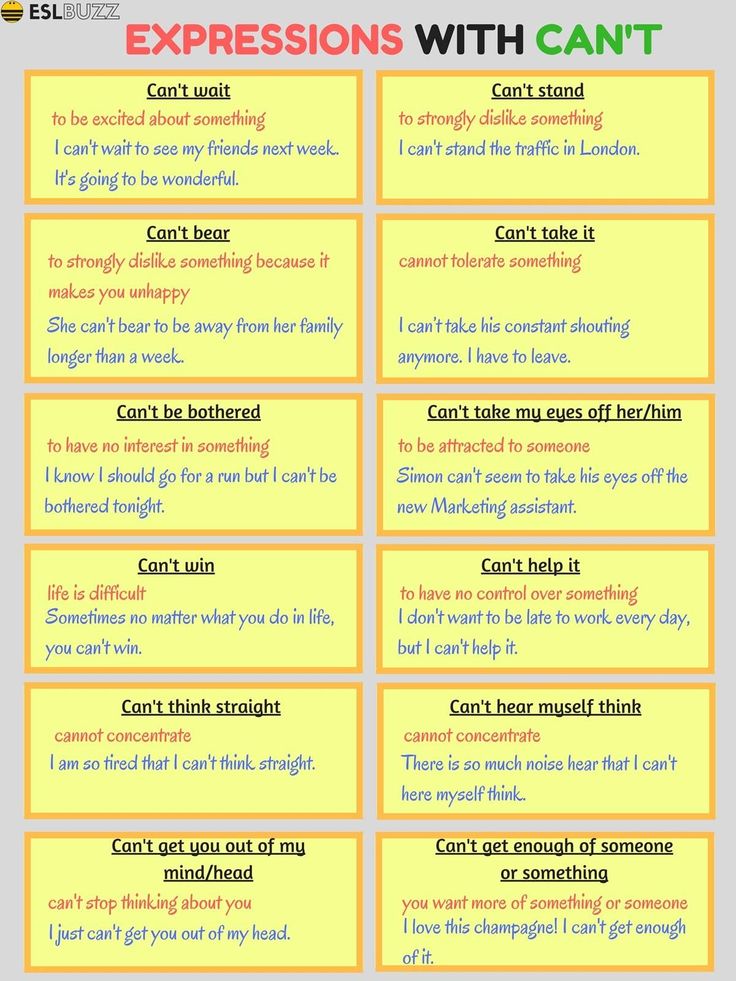
Has what makes you attracted to someone, changed over time?
If so, in what way?
How does it feel when you think about what attracts you to someone? If you need help identifying a feeling you might want to follow these steps:
Where in your body do you experience the feeling?
How does the feeling feel?
What does it make you want to do?
Have you noticed anything else that tends to make you feel attracted, which isn’t listed above in the various factors?
If so, what is it?
Why we feel instant attraction to some people, and not others, is affected by lots of different things: mood, hormones and neurotransmitters, how alike we are, the shortage of other partners available, looks, physical excitement, and the proximity of geographical closeness. Now I’d love to know: was there anything in that list of factors you were surprised by? Or something that fitted you particularly well?
First published on my Swedish website, Sexologkliniken.
Reasons You're Attracted to Someone, According to Biology
Reasons You're Attracted to Someone, According to Biology Search iconA magnifying glass. It indicates, "Click to perform a search". Chevron iconIt indicates an expandable section or menu, or sometimes previous / next navigation options.HOMEPAGEHealth
Save Article IconA bookmarkShare iconAn curved arrow pointing right.Download the app
Sometimes you like who you like simply because of who they are. oneinchpunch / ShutterstockAttraction is an unintelligible thing.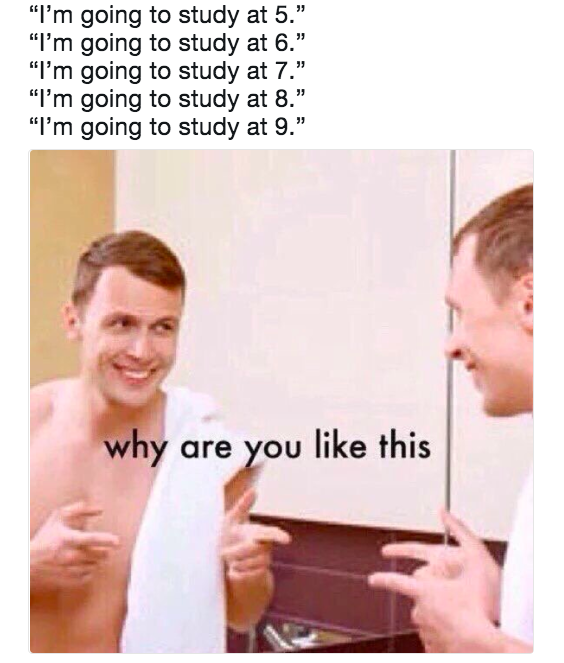 Sometimes there's no telling what brings you close to one person over another, or what it was that made you realise you can't stop thinking about them.
Sometimes there's no telling what brings you close to one person over another, or what it was that made you realise you can't stop thinking about them.
There are those who are conventionally good looking, but it's actually very subjective whether you fancy someone or not. It can come down to a mixture of biological, psychological, and experience-based factors, and no two people are going to agree on what's attractive and what isn't.
Here are some of the most common reasons people are biologically drawn to each other.
1. Smell
Bogdan Sonjachnyj / ShutterstockA study this year found women with certain scents are more attractive to men.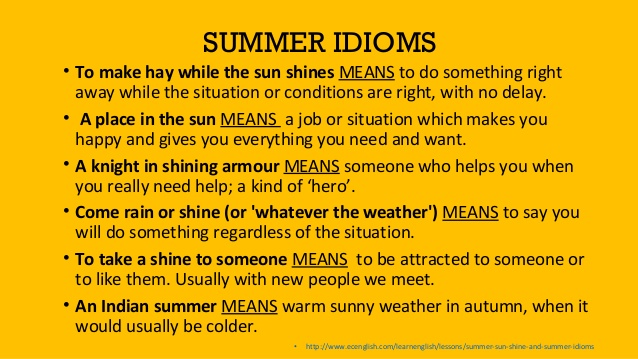 It turns out they were most appealing when they had high oestrogen and low progesterone levels. This balance of hormones indicates high female fertility, the researchers explained, so it makes sense that men would find women more attractive while they are at this stage.
It turns out they were most appealing when they had high oestrogen and low progesterone levels. This balance of hormones indicates high female fertility, the researchers explained, so it makes sense that men would find women more attractive while they are at this stage.
2. Diet
Estrada Anton/ShutterstockWhat you eat could also have an impact on how attractive you are. A small study from 2017 found that women were more attracted to sweaty men who ate diets high in produce than men who had more refined carbs like pasta and bread. Essentially, the researchers concluded, when we eat healthy, we might smell healthy too.
3. Fertility
NeonShot / ShutterstockBeing fertile doesn't just make you smell attractive, but it can affect how you look too. One study from a few years ago found that men would rate women's faces and voices as more attractive when their progesterone levels were low and oestrogen levels were high.
4. Hormones
kittipong053 / ShutterstockSome research has suggested our hormonal balance might impact who we fancy. For instance, men with high levels of testosterone may be more attracted to women with more feminine faces, meaning big eyes, high eyebrows, and a smaller jaw. But higher levels of testosterone may not make men seem any better looking.
For instance, men with high levels of testosterone may be more attracted to women with more feminine faces, meaning big eyes, high eyebrows, and a smaller jaw. But higher levels of testosterone may not make men seem any better looking.
While testosterone and oestrogen are characterised as male and female respectively, they both play a role in men and women. Testosterone, for instance, increases libido in pretty much everyone.
5. More hormones
4 PM production / ShutterstockLove is connected with several hormones that make us feel warm and fuzzy.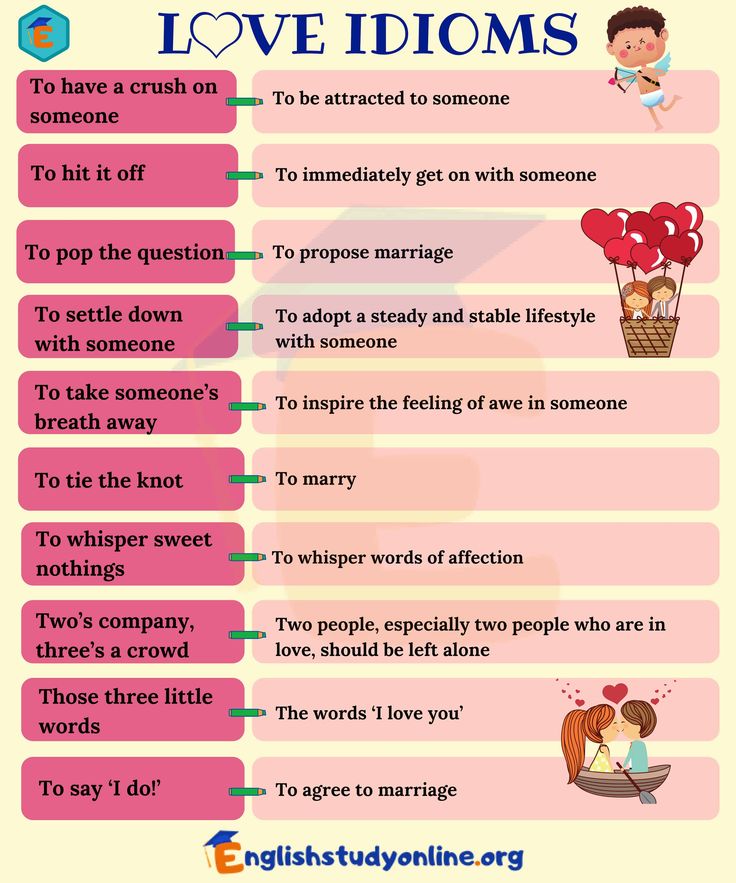 Dopamine is the reward hormone that is released when we do something that makes you feel good, such as spending time with loved ones and having sex. Norepinephrine is also released during attraction, and the combination makes you feel giddy.
Dopamine is the reward hormone that is released when we do something that makes you feel good, such as spending time with loved ones and having sex. Norepinephrine is also released during attraction, and the combination makes you feel giddy.
Attraction is also associated with higher levels of serotonin, the happy hormone. And physical contact — hugging as well as sexual contact — has been shown to increase oxytocin, the love hormone. So it makes sense that spending more time with someone, enjoying their company, and touching them more would make you feel more attracted to them.
6. Kindness
Rawpixel.com / ShutterstockIf someone is kind, it can make them seem more attractive, and can also make them more likeable. A study showed that putting positive character traits against someone's photo meant people rated them as better looking.
A study showed that putting positive character traits against someone's photo meant people rated them as better looking.
Altruistic behaviour is also attractive, possibly because it was one of the qualities our ancestors favoured in a mate.
"The expansion of the human brain would have greatly increased the cost of raising children, so it would have been important for our ancestors to choose mates both willing and able to be good, long-term parents," Tim Phillips, a psychiatrist at the University of Nottingham, told the Independent. "Displays of altruism could well have provided accurate clues to this, and so led to a link between human altruism and sexual selection."
7. Voice
SpeedKingz / ShutterstockOne study found that women prefer men with low voices, especially just before they start ovulating.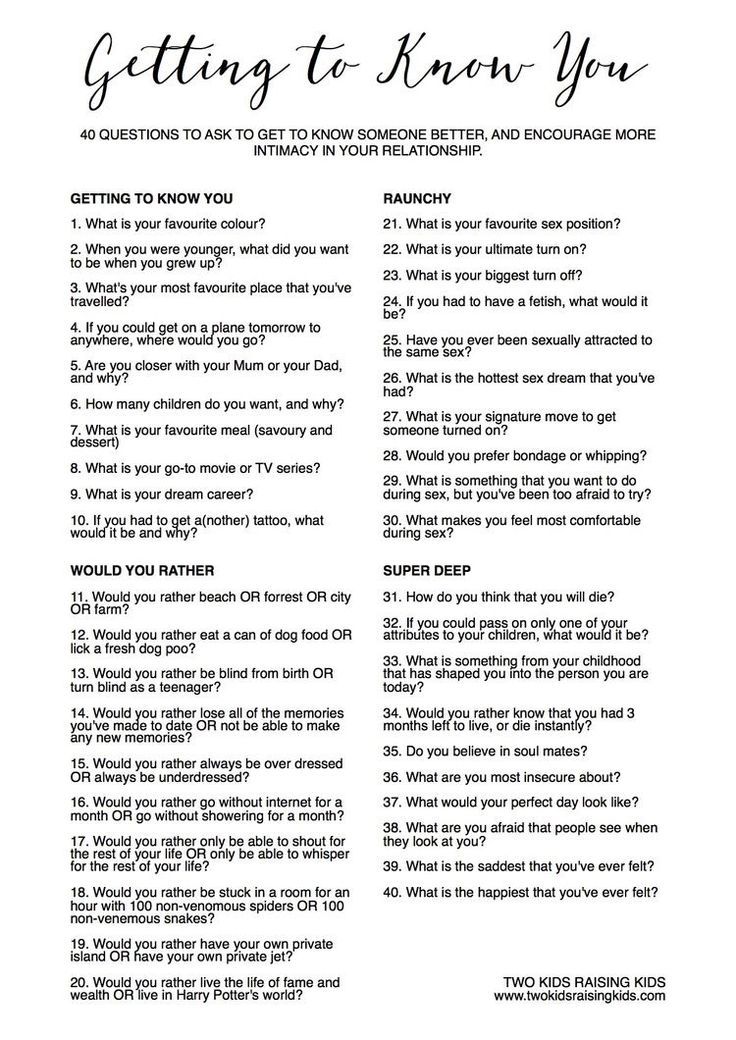 There could be something inherently biological in this, as deeper voices have been linked to producing healthier children, and in the wild, lower pitch is associated with being bigger.
There could be something inherently biological in this, as deeper voices have been linked to producing healthier children, and in the wild, lower pitch is associated with being bigger.
According to another study, people who reported being more sexually experienced and sexually active were rated to have more attractive voices by strangers.
8. Being similar
ChanResearch points to us being attracted to people who are similar to us — both physically and in personality. For example, research from St Andrews showed we are attracted to the features that our parents had when we were born, such as eye colour.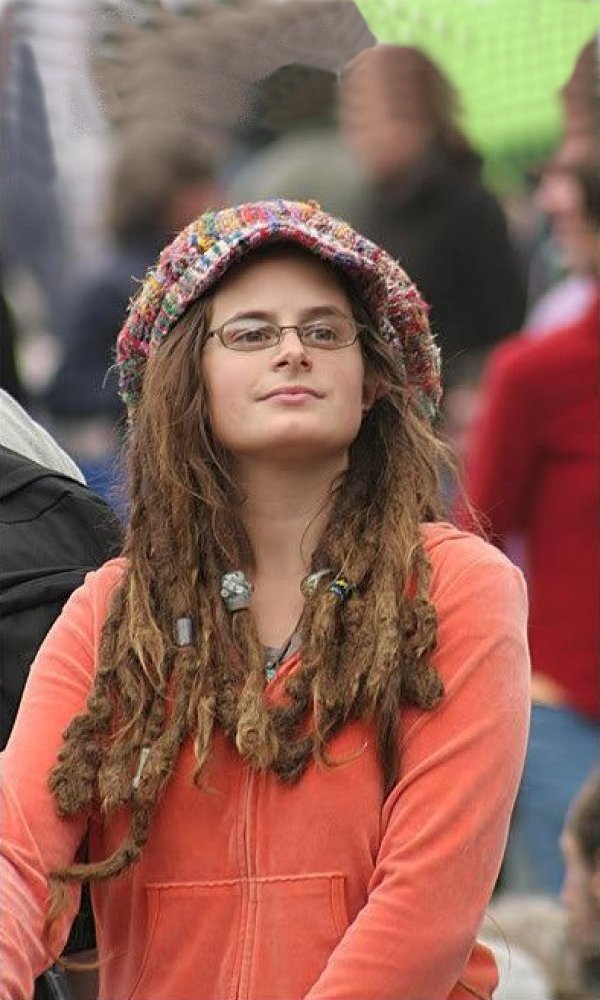 This could be because we see them as our first caregiver, and associate positive feelings with their features.
This could be because we see them as our first caregiver, and associate positive feelings with their features.
Research published in the journal Proceedings of the National Academy of Sciences found that spouses tend to be more genetically similar than two individuals chosen at random. And an article published in Psychological Science found that if someone looks similar to ourselves, we are more likely to trust them.
9. Being different
Pormezz / ShutterstockBut sometimes, opposites do attract. For instance, if you've lived a sheltered life, you might gravitate towards people who have had extremely different experiences to you.
There may be some biological basis to opposites attracting, too. When it comes to reproduction, a bit of variety works in your favour. For instance, the major histocompatibility complex (MHC) is a part of the immune system that helps cells recognise foreign molecules. When the MHC is vastly different from your mate's, this decreases the danger of mating with someone you're related to, and increases the genetic variability of any offspring you have — meaning they're more likely to be healthier with a better immune system.
10. Maturity
Vladyslav Lehir / ShutterstockAs people mature, they tend to learn more about themselves. This can work in your favour when looking for a partner, because you're more likely to know what you want and what's important to you.
This can work in your favour when looking for a partner, because you're more likely to know what you want and what's important to you.
"If you're looking at people when they're younger and dating, they might be attracted to the entire external package and not so concerned with the internal package, meaning somebody's values or their ideas, or the way they treat other people," counselor Michele Kerulis told Elite Daily. "When you start maturing, I think people look more at the overall picture and not just the way somebody looks or that initial sexual attraction."
11. Taste
Aleksandra Kovac / ShutterstockPeople transfer about 80 million bacteria when they kiss each other, and yet they keep doing it. Not only does kissing stimulate the release of oxytocin, but the taste of another person also helps with biological attraction.
Not only does kissing stimulate the release of oxytocin, but the taste of another person also helps with biological attraction.
"Humans don't have strong olfactory skills and kissing allows you to smell and taste a person and see if you have different immune responses as we tend to feel more attracted to someone with a different immune response," Sarah Johns, an expert in human reproduction and evolutionary psychology at the University of Kent, told The Independent.
"The major histocompatibility complex is detectable in body odour, so by kissing and tasting someone it gives the opportunity to assess how similar or different that individual is to you biochemically."
12. Health
Versta / ShutterstockWhen it comes to heterosexual relationships, several studies have pointed to health being a deciding factor in what people find attractive. It's not necessarily about body shape and size — although low BMI is sometimes a reason, based on distorted social norms.
"In men, attractiveness was predicted positively by masculinity, symmetry, averageness, and negatively by adiposity" — being overweight or obsese — reports one study. "In women, attractiveness was predicted positively by femininity and negatively by adiposity."
Generally, if someone looks healthy — they sleep enough, exercise, and eat well — this will probably show on the outside. And not just in the way they look, but in the way they behave, too.
13. Facial traits
Matryoha/ShutterstockThere are certain facial characteristics that are proven to be attractive much of the time. Sometimes it's facial symmetry, but other times it's a crooked smile or unique beauty spot that makes someone stand out. Averageness and simple faces are often considered most attractive, possibly because standard faces represent a more diverse set of genes.
Sometimes it's facial symmetry, but other times it's a crooked smile or unique beauty spot that makes someone stand out. Averageness and simple faces are often considered most attractive, possibly because standard faces represent a more diverse set of genes.
On the other hand, familiar faces tend to be most attractive, because people may be influenced more by their personal experiences in life than anything else.
Attraction is an incredibly complicated thing, and science probably won't be able to determine all the reasons you find someone attractive, or vice versa. Often, what's most important is your compatibility, and you're unlikely to be able to quantify that. But there are a few questions you can ask yourself before settling down.
Read next
LoadingSomething is loading.
Thanks for signing up!
Access your favorite topics in a personalized feed while you're on the go.
Features Relationships PsychologyMore...
What attracts us in another person?
23,218
Man and woman
Psychologist Todd Shackelford, head of the Evolutionary Psychology Laboratory at the University of Oakland (USA), and his colleagues analyzed questionnaires from over 10,000 women and men from 37 countries.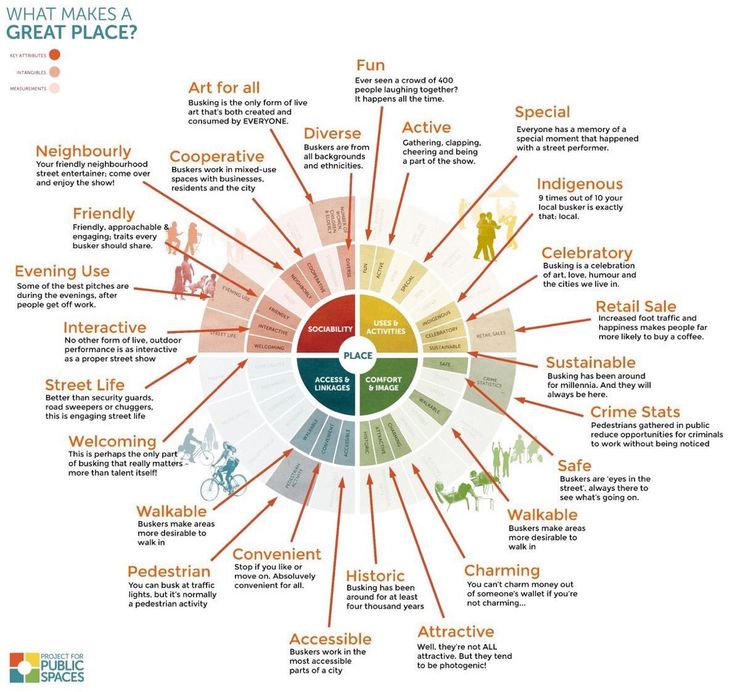 And here's what they found.
And here's what they found.
1. Love and high social status
When we choose a partner, we often face an internal conflict - to surrender to the will of romantic feelings or to link our fate with a person who can bring comfort and security to our life? If our feelings are really strong (and sincere), most of us tend to trust our hearts. nine0003
2. Emotional stability and external attractiveness
Opinions are divided. On the one hand, if a person attracts us physically, we are ready to put up with the fact that he has mood swings (even if sometimes this is painfully reflected in people close to him). At the same time, many of us are ready to accept a less attractive partner if he shows himself to be emotionally stable and psychologically well-being.
3. Intellect and family
For a person with a high level of education and career success, we can forgive the desire not to rush with family and children. However, if the candidate for our heart turns out to be less educated and successful, but wants a family and children, we will also consider him as a potential applicant.
4. Ease of communication and common views
If a person shares our views and interests, his chances are greatly increased, even if he is not very sociable. On the other hand, someone who can communicate easily and naturally attracts us even if he has never before been interested in what matters to us. nine0003
These four factors equally illustrate the behavior of both men and women. At the same time, it turned out that women in most cases prefer the social status of the chosen one to romantic feelings. For them, the emotional and psychological stability of a man is more important than physical attractiveness. They also tend to a more intellectually developed partner, forgiving him the desire to have no more than one child.
At the same time, for men, social status, the ability to control one's emotions and a sharp mind turned out to be less demanded female qualities. For them, physical attractiveness, youth (as a guarantee of good health and the possibility of procreation) and the desire of a woman to have children are still important.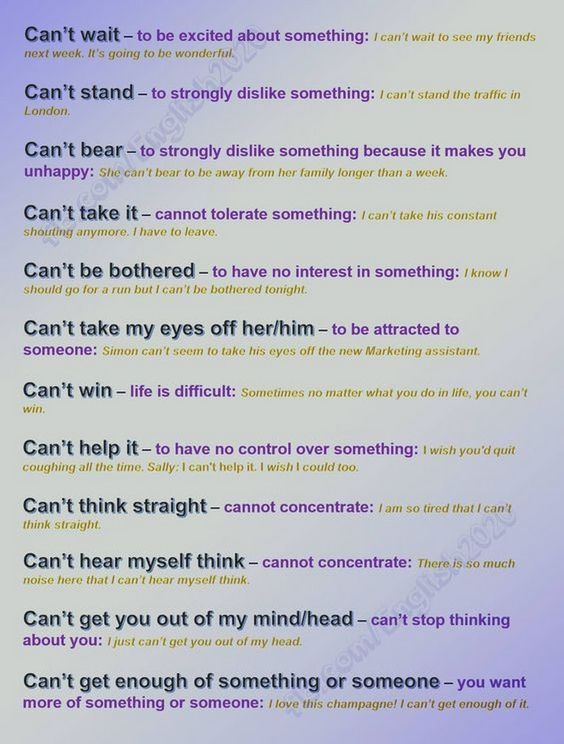 nine0003
nine0003
The study also showed that women are an order of magnitude more selective in choosing a partner. One of the reasons for this is probably that they lose more if they make the wrong choice. Men are naturally more dominant, and women can potentially pay the price for a mistake, both physically and emotionally.
In addition, women feel a great responsibility for their future offspring. “Despite the fact that we have sufficient data on how exactly we choose life partners, we still cannot answer the question of what determines our final choice,” concludes Todd Shackelford. "And it doesn't always obey biological and evolutionary laws, or even our own conscious desires." nine0003
We are looking for a person with certain traits in order to fall in love with his complete opposite. As the philosopher Pascal Blaise noted: “Our heart lives according to laws incomprehensible to the mind. And in this secret of the heart, probably, lies our happiness.
Text: Sabina Safarova
New on the site
“My daughter starts every morning by saying how tired she is of life”
Balance wheel: setting financial goals for the new year
5 books to help you make important choices nine0003
Labyrinth of fear: how to find your way out - 5 important quotes
“The guy doesn't help with the baby at all. Why is everything so unfair?
Why is everything so unfair?
“I'm afraid of a relationship with a new guy. What to do with constant anxiety?
"Partner does not comply with my requests": how to fix it
"The coded alcoholic is a bomb that will blow your life one day": the story of one divorce
Why we fall in love with the same men
Over and over again we prefer the same types. What makes us do it? nine0003
Website editor
When we are once again attracted to someone, we hardly understand why, and there is no need for this. However, it is worth getting to know a person closer, as it turns out: he painfully resembles someone. “Everyone keeps in mind the image of some ideal face,” says David Peret, a psychologist from the Scottish University of St. Andrews. “It is with this image that he compares others, and the more similar they are, the more attractive they seem.” However, this explanation does not so much clarify the problem as it raises new questions, the main of which is how the image of an ideal face is formed? nine0003
The answer comes from an experiment conducted by Peret: together with his colleagues, he collected several hundred photographs of his students and female students, and then, using a special computer program, changed the gender of these photographs - depicted how girls could look like boys, and vice versa.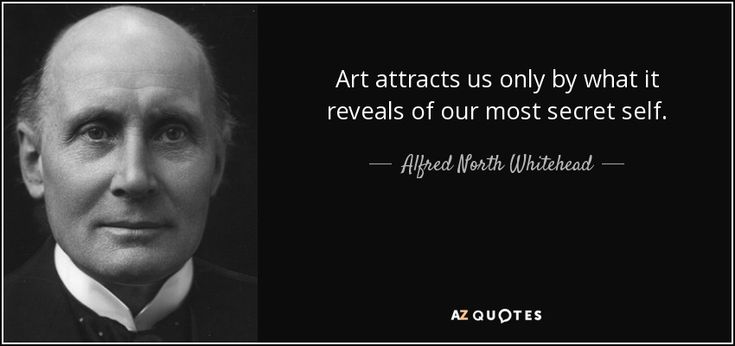 After the subjects were given cards, they were asked to choose the most attractive image for each. None of the participants recognized their new selves, but the majority, speaking about the face they liked, pointed to their modified photo. This simple experiment gave Peret reason to believe that we find our own characteristics attractive, making them almost the main criterion for evaluating the subsequent choice of a partner. In fact, the Scottish psychologist developed the idea first expressed by Sigmund Freud: we choose those who already exist in our unconscious. nine0003
After the subjects were given cards, they were asked to choose the most attractive image for each. None of the participants recognized their new selves, but the majority, speaking about the face they liked, pointed to their modified photo. This simple experiment gave Peret reason to believe that we find our own characteristics attractive, making them almost the main criterion for evaluating the subsequent choice of a partner. In fact, the Scottish psychologist developed the idea first expressed by Sigmund Freud: we choose those who already exist in our unconscious. nine0003
For all its curiosity, David Peret's experiment has one obvious drawback: it only touches on the outer side of the issue. The true motives that push us into the arms of our own kind (or like someone else) lie, as usual, much deeper.
In the image and likeness
In his book The Family and How to Survive in It, the English psychotherapist Robin Skinner claims that we are attracted to each other because we are essentially similar psychologically. And the main similarity is in the origin, namely, the families in which we grew up. For example, a similar childhood, the same events at a certain age, or a set of family problems. Based on this, according to Skinner, we choose as a partner a person who resembles someone from our parental family. How does "recognition" happen? The point is in the signals received from the surrounding people and sent by them. These signals are able to eloquently tell about the character, addictions, and hence family history. “In a family there can be a division into “bad” and “good” emotions, explains Robin Skinner, “and then some will be banned, while others can be freely expressed. These emotions, both manifested and hidden, will be reflected in our appearance - facial expressions, gestures. The family develops emotional reactions that all its members use - the similarity of these reactions makes us similar. Therefore, having met a person who grew up in a "cell" similar to ours, we unconsciously reach out to him - there is something native in him, which means that he is not dangerous.
And the main similarity is in the origin, namely, the families in which we grew up. For example, a similar childhood, the same events at a certain age, or a set of family problems. Based on this, according to Skinner, we choose as a partner a person who resembles someone from our parental family. How does "recognition" happen? The point is in the signals received from the surrounding people and sent by them. These signals are able to eloquently tell about the character, addictions, and hence family history. “In a family there can be a division into “bad” and “good” emotions, explains Robin Skinner, “and then some will be banned, while others can be freely expressed. These emotions, both manifested and hidden, will be reflected in our appearance - facial expressions, gestures. The family develops emotional reactions that all its members use - the similarity of these reactions makes us similar. Therefore, having met a person who grew up in a "cell" similar to ours, we unconsciously reach out to him - there is something native in him, which means that he is not dangerous.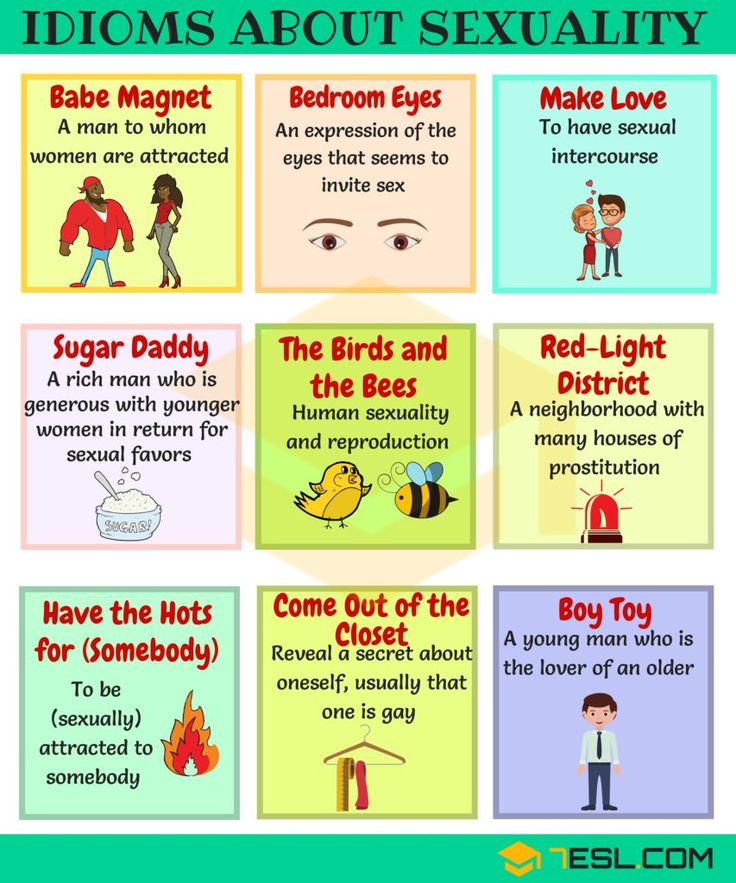 nine0003
nine0003
The family aspect of the problem is also expressed in the classics of the genre: growing up, a girl unconsciously looks for a partner who reminds her of her father. “It is dad who plays a big role in the attitude of the future woman towards herself, her own sexuality. If there is a cult of worship of a man in a family, and the father plays a central role, the woman is likely to idealize his image, ”says psychologist Nadezhda Kuzmina . The desire to find a partner much older than himself is also connected with the figure of the father. “The girl wants a self-sufficient, adult man, to whom she unconsciously delegates paternal functions,” explains the Jungian psychoanalyst Elena Uspenskaya. “Most often, such relationships are just an unconscious repetition of childhood experience, confirming the fact: the figure of the father is not available.” nine0003
Psychologist Elena Telnova notes that often problems in a couple arise because relationships are built in a certain way - repeating the scenario of traumatic relationships that a woman had in early childhood, most often with her father. For example, dad was cold, did not recognize the dignity of his daughter, did not consider her feminine and charming, did not give her a sense of security and confidence. “A woman who has grown out of such a girl does not strive to suffer again, but she does not know how to build relationships differently, she does not know how it is to interact with reliable, close, sincere and accepting men, she cannot relax and trust, constantly waiting for a blow or striving to prove something, to earn love with some achievements, ”says the psychologist. nine0003
For example, dad was cold, did not recognize the dignity of his daughter, did not consider her feminine and charming, did not give her a sense of security and confidence. “A woman who has grown out of such a girl does not strive to suffer again, but she does not know how to build relationships differently, she does not know how it is to interact with reliable, close, sincere and accepting men, she cannot relax and trust, constantly waiting for a blow or striving to prove something, to earn love with some achievements, ”says the psychologist. nine0003
There is another type of development of "parental" relationships: if in childhood a child was suppressed, overprotected, not given independence, in adulthood he will try to enter into a relationship with a suppressive partner. According to Elena Uspenskaya, the reason for choosing powerful men is that women who grow up in such an environment remain partly children - weak and unprotected. “On the one hand, they need a strong half, and on the other hand, they suffer because they are not taken seriously, their opinion is not taken into account. There is only one way out - to learn to cope with real life, then another partner will appear, equal, ”the psychoanalyst sums up. nine0003
There is only one way out - to learn to cope with real life, then another partner will appear, equal, ”the psychoanalyst sums up. nine0003
Alignment with the first one
The first love is often blamed for fixation on partners of the same type. Psychologists confirm: this is quite true, especially if the feelings were not mutual. “Often the first love becomes a secret, unrequited, unfinished,” says Nadezhda Kuzmina. “And all unexpressed, unspoken feelings are stored in the soul for a long time.” If once you failed to conquer that one, in the future, as a rule, you want to be next to someone who resembles him. Subsequent relationships can become a model for compensating for unexpressed feelings, constantly looking for an outlet. According to the specialist, the need to fall in love with men of a certain type is also characteristic of women who have not managed to grow up - for them, external similarity is much more important than content. In general, changing partners of the same type may indicate that a person is stuck at some stage of mental development. Unable to move on, he repeats the relationship scenario over and over again - falls in love and is quickly disappointed. And so on in a circle, until the moment when the realization comes - what exactly attracts, and the decision to get out of the "vicious circle". nine0003
In general, changing partners of the same type may indicate that a person is stuck at some stage of mental development. Unable to move on, he repeats the relationship scenario over and over again - falls in love and is quickly disappointed. And so on in a circle, until the moment when the realization comes - what exactly attracts, and the decision to get out of the "vicious circle". nine0003
Romantic natures may object: but what about the search for the second half? Indeed, the myth is not so far from reality, according to which every person was once a single being, subsequently divided into two parts - we have both female and male components.
“According to the teachings of Carl Gustav Jung, men perceive their soul as feminine, and women as masculine,” says Elena Telnova. “The masculine soul of the feminine is called the Anima, and the masculine essence within every woman is called the Animus. The animus is a bridge that connects the source of creative, creative power in the depths of a woman's unconscious with her conscious self.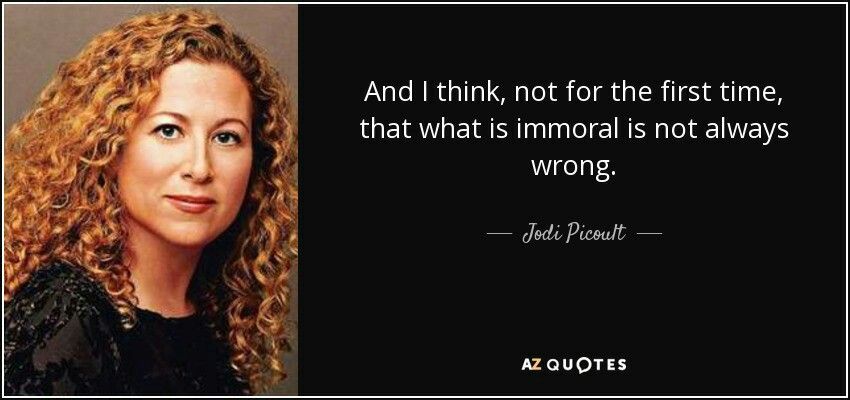 The task of personal development, according to Jung, is the integration of Anima and Animus, that is, their awareness, acceptance. But this task is solved all the time.” Until this happens, we tend to perceive the unconscious, but living in us parts of the soul through fragmentary impressions - in dreams, irrational dreams and desires, through external manifestations of other people that inexplicably repel or attract. “By developing the concepts of anima and animus, Jungian analytical psychology explains the fact that every woman can be attracted to different men who have a similar set of qualities that inspire and attract her,” the psychologist continues. - These qualities belong to her Animus, and at a certain stage of life it is necessary and normal to seek and find the external embodiment of one's desires and dreams in a really existing person. After all, it is so understandable, so consistent with our ideas - because in fact our soul itself created it. nine0003
The task of personal development, according to Jung, is the integration of Anima and Animus, that is, their awareness, acceptance. But this task is solved all the time.” Until this happens, we tend to perceive the unconscious, but living in us parts of the soul through fragmentary impressions - in dreams, irrational dreams and desires, through external manifestations of other people that inexplicably repel or attract. “By developing the concepts of anima and animus, Jungian analytical psychology explains the fact that every woman can be attracted to different men who have a similar set of qualities that inspire and attract her,” the psychologist continues. - These qualities belong to her Animus, and at a certain stage of life it is necessary and normal to seek and find the external embodiment of one's desires and dreams in a really existing person. After all, it is so understandable, so consistent with our ideas - because in fact our soul itself created it. nine0003
Often a partner is chosen on the principle of compensation. According to Nadezhda Kuzmina, this happens when a woman is not satisfied with her life, her own realization - and subconsciously looks for a man who could complement her. Elena Uspenskaya believes that in this case it is important for the girl that the partner be her narcissistic extension - one with whom it is not a shame to come into the company, about which one can proudly say: he is my artist (musician, businessman, etc.). “This is not about relationships, but about the impression that a person should make on the environment,” explains the psychoanalyst. - And when the features of a real person appear behind the illusory appearance, disappointment comes, it becomes boring. In fact, the men of such a woman are all different, only the problem that she is trying to solve at their expense is the same. nine0003
According to Nadezhda Kuzmina, this happens when a woman is not satisfied with her life, her own realization - and subconsciously looks for a man who could complement her. Elena Uspenskaya believes that in this case it is important for the girl that the partner be her narcissistic extension - one with whom it is not a shame to come into the company, about which one can proudly say: he is my artist (musician, businessman, etc.). “This is not about relationships, but about the impression that a person should make on the environment,” explains the psychoanalyst. - And when the features of a real person appear behind the illusory appearance, disappointment comes, it becomes boring. In fact, the men of such a woman are all different, only the problem that she is trying to solve at their expense is the same. nine0003
According to Elena Telnova, there is only one way out of this vicious circle - to turn to yourself: “Find, see and accept this destructive hypostasis of your soul. To live your trauma, to give the opportunity for growth to other qualities, to gain experience of other, healing, supportive and simply healthy relationships.
